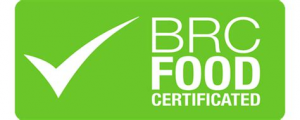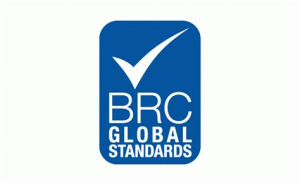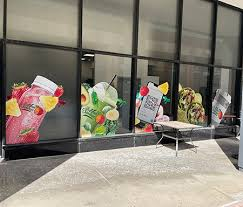
Many retail businesses strive to become certified by the BRC. But what does this mean? The BRC is the British Retail Consortium and to become certified by this organisation, there are certain standards that need to be met. Is it worth becoming certified and what exactly does that mean for a business?
The BRC are a highly regarded trade association who work for the benefit of and the improvement of the retail industry. They highlight important topics that affect retailers in all sectors, influence decision makers and promote the interests of many different retailers in many pressing issues.
The organisation was first formed in 1996 with the aim of assisting food businesses with a standard approach to auditing suppliers. Two years later, the group released their first Global Standard guidance. It has since released many Global Standard reports to help all those working in the food retail and manufacturing sector.
To become a member, there are no limitations and any business in the sector can apply to join. With this membership comes access to a range of services including business support and more tailored advice. For more information on the advantages of a BRC Audit, go to a site like https://mqmconsulting.co.uk/services/brc-audit-global-standards-consultancy/
In 2019, the BRC had a makeover, developed a new logo and created the BRCGS, Brand Reputation through Compliance of Global Standards. This fresh look demonstrates how the organisation has evolved since 1996 and looks ahead to focussing on pressing matters such as traceability and accountability in an ever more complex world of global supply chains.
The standards that they set include many Global Standards for many sectors such as:
- Packaging materials
- Food safety
- Distribution and storage
- Ethical trade
- Responsible sourcing
- Retail
- Products
- Brokers and agents
- Gluten-free certification
To gain certification, businesses must meet these standards and to help them get there, there are many consultancies and training programmes designed for meeting these requirements. The elements of food safety standards include training in HACCP, best manufacturing processes and how to deal with allergens in manufacturing. By training employees in these standards, you’ll be demonstrating that your business operates to the highest standards in your industry.
What can be gained from certification?
This certification should provide businesses with the greatest confidence in their product and services. It will provide more opportunities for branching out into new markets with access to a wide range of networks, tools, support and all the other benefits that come from membership of an internationally recognised programme.
It is not just for large organisations either. For smaller businesses, in the past the SALSA scheme has been much more accessible (Safe and Local Supplier Approval). In 2019, the BRCGS and SALSA started to work in partnership, making it much easier for small to medium enterprises to now transition onto the full BRCGS scheme. This acknowledges the hard work of a lot more smaller businesses and encourages their future progression and growth.







